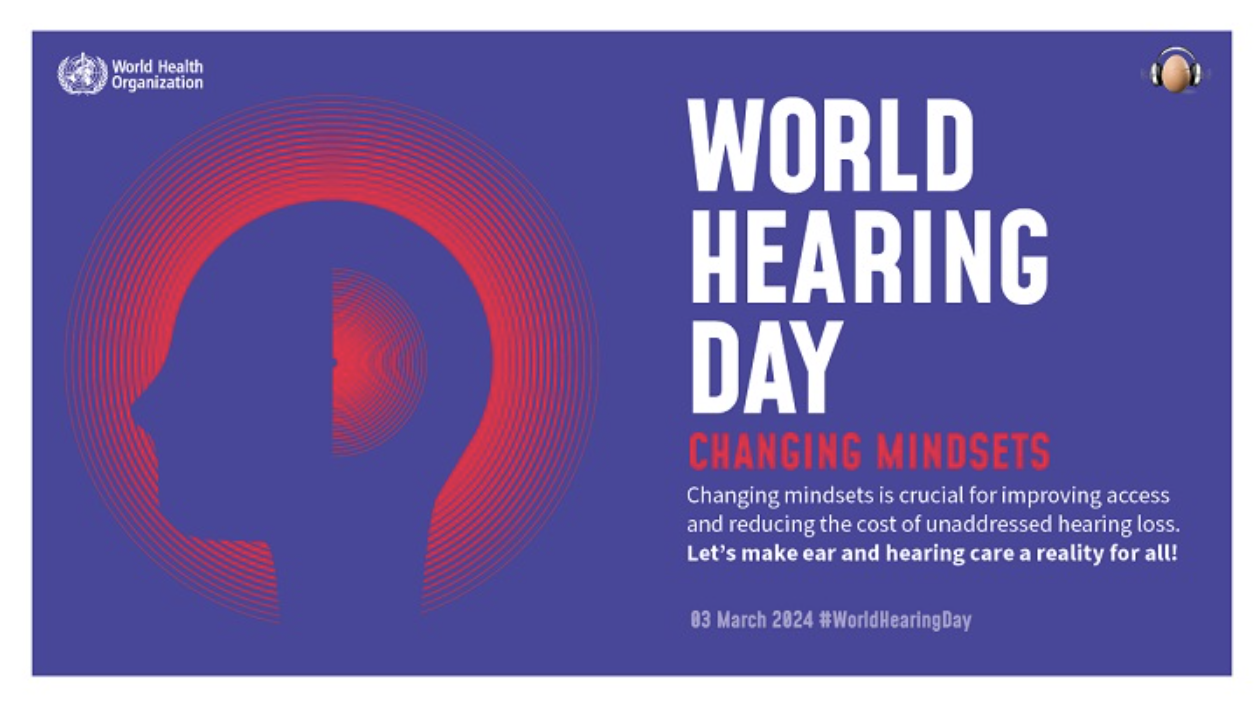
5 Creative Ways to Teach Your Deaf or Hard of Hearing Child to Read
January 23, 2017
5 Things I’ve Learned About Hearing Loss Since Marrying An Audiologist
January 25, 2017Making sense of subtitles: Wrongly captioned Trump inauguration goes viral

Communication for D/deaf people is often like putting together pieces of a puzzle, and some of those pieces were missing when watching Donald Trump’s inauguration on Friday.
In the UK, BBC News streamed the broadcast of the ceremony for the 45th President of the United States live on television. Many D/deaf people watched the inauguration with subtitles or captions on – as we usually do.
However, during the airing, one person noticed the subtitles started to read rather strangely! They were along the lines of:
‘Look, if you ain’t seen Sasha, just do one, yeah? No-one wants you here.’
‘You’re only in a mood because Mo’s gone.’
‘Just shut it, yeah?’
‘Oi! Leave him alone!’
‘Just tell him to get out of my face.’
‘So it was him in your room.’
‘Oh, whatever.’
‘You can’t come here outside of contact, or Mum will get into trouble. Is that what you want? Or for her and Kev to be a family? With you and Murphy and the baby. And me.’
‘Sasha, hurry up!’
‘Stop playing around with Bailey and go home.’
News of the jumbled captions from Trump’s inauguration went viral when @Kaytality shared screenshots on Twitter.
Much to the amusement of D/deaf viewers, apparently the subtitles came from a children’s TV show, Tracy Beaker, but were shown on the wrong channel alongside the coverage of the inauguration, according to The Daily Mail.
Additionally, some D/deaf people – myself included – whom are lip readers noticed that the subtitles didn’t match up with the lip patterns. Sometimes they were even shown when there wasn’t any talking at all. I soon became very confused.
A BBC spokesperson, told The Daily Mail that it is investigating the issue. So far, they said the media outlet “have not found any evidence or had other feedback from viewers that our main output covering the inauguration was subtitled incorrectly.”
The importance of captions
Recently I interviewed YouTuber Rikki Poynter about her #NoMoreCraptions campaign, which encourages YouTubers to subtitle their videos and advocate for the importance of captions.
“Closed captioning is important for multiple people: d/Deaf/HOH people, people with auditory processing disorder,” Rikki says. “People who are learning [a language, or aren’t a native language speaker] and can’t understand the audio portion of a video 100 percent. It’s important because it’s information, and we need to be able to understand and process it properly.”
“It’s important because it’s information, and we need to be able to understand and process it properly.”
If subtitles are streamed wrong on television, it could quickly cause confusion to D/deaf viewers. If there is a spelling mistake, if the subtitles were mistakenly streamed, or there isn’t a sentence at all, we miss out on a section of the programme.
This means we can completely misunderstand the topic and therefore be left out.
Inclusion
I wonder how many of D/deaf people out there have eagerly awaited a new show or TV series, but at the last minute found that there are no subtitles or bad quality, delayed subtitles? I’ve felt this disappointment various times, leaving me unable to join in a simple family activity. It just doesn’t seem fair.
Read more: Why subtitles are important for deaf gamers
Of course, I can understand poor captions during live TV coverage, as sometimes the speaker may ad-lib, but for pre-recorded shows there seems to be time to correct and fine-tune the subtitles long before the programme is aired.
As I’ve said before, communication for D/deaf people is like putting together pieces of a puzzle. When something like this story happens, this seems an almost impossible task to watch TV when it’s so much simpler for hearing viewers.
Wouldn’t it be lovely if TV programme makers could have the same outlook on the importance of subtitles, as they do for sound?
We’d love to hear your subtitle-related experiences, please comment them below!








